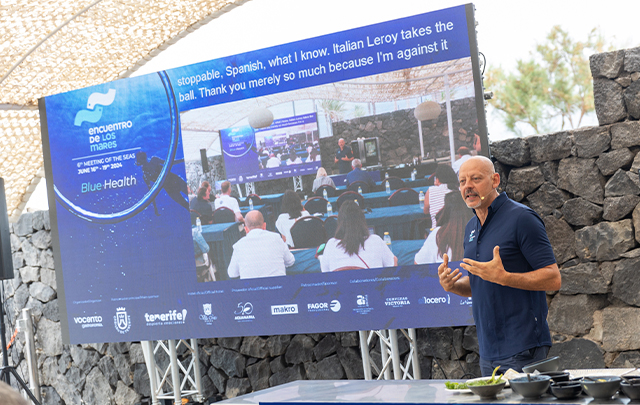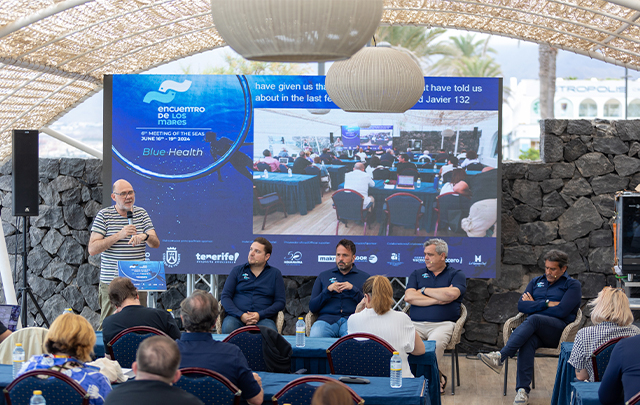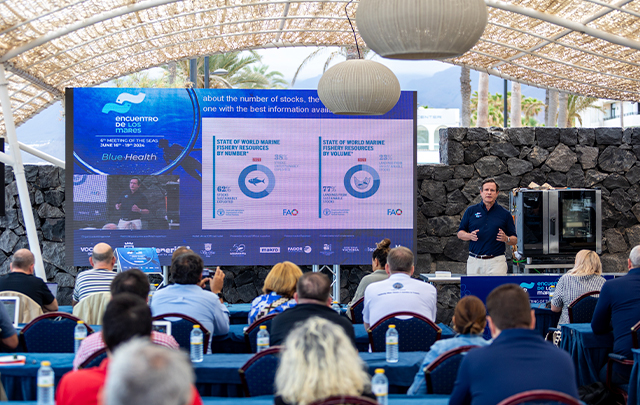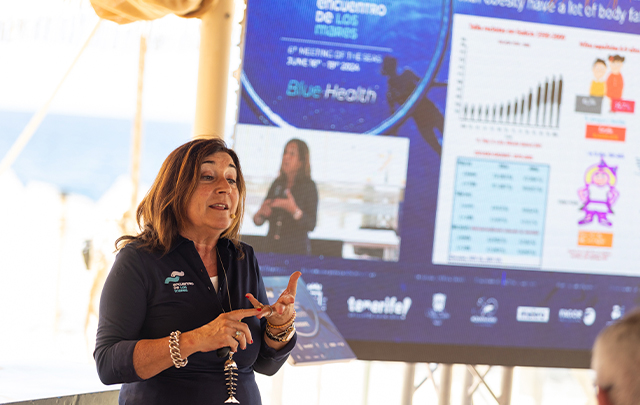News
Eating fish is good for your health

Dietitian Carrie Ruxton has listed the benefits of eating white fish, oily fish and seafood for our heart, brain and immune system.
Dietitian Carrie Ruxton, a communications specialist, has talked about the health benefits of fish and seafood for those who eat them. It was a review with data and explanations for a series of studies that led to two conclusions: people in many countries do not eat enough fish, despite the fact that it helps us maintain our health and prevent certain problems and diseases; and it is time to put fish back on the menu.
According to Ruxton's figures, 64% of the population eats fish and has done so for thousands of years, but the distribution is undoubtedly very unbalanced. Spain leads the European Union in fish and seafood consumption, well ahead of Italy and France, but consumption in the country has fallen by 18% since 2021, a trend also seen in the other two countries. The UK consumes only 25-40% and eats very little oily fish.
Where are things going well? "In Asia, which is the region with the highest percentage of protein from fish," says the doctor, who also reflects on the different criteria in each country regarding the minimum weekly consumption of fish: "The recommendations are very different: 3 times a week in Spain, 8 times a week in the USA... The WHO recommends at least one or two portions a week.
And while encouraging people to eat more fish, Ruxton is also concerned about overfishing: "We need to find a way to fish more sustainably, reduce pollution and reverse the trend towards ultra-processed fish. But I don't think the vegan diet, as many people say, is the answer. Only 2% of people are vegan.
Many benefits
In terms of nutrition, Ruxton explained that there are three types of fish: white, blue and shellfish. "White fish provides key nutrients such as protein, selenium, vitamin B12, which is very important for nerve function, phosphorus and magnesium. Blue fish, which is more fatty, has vitamin D, which is so important when you are not in the sun, as well as B vitamins, selenium, omega-3 and protein. Seafood, on the other hand, contains selenium, zinc, omega-3...". From there, the nutritionist went on to analyse the health benefits, based on studies focusing on the brain, heart and immune system. "50 grams of fish a day will be beneficial," she sums up. "We could put a label on it saying that buying fish helps your heart.
And that is the constant: the more fish you eat, the lower the risk of heart attack or Alzheimer's disease in later life. But fish consumption is also linked to the risk of depression. "Even its consumption has an impact on the next generation, because it affects the development of the baby in the womb. We can programme babies to have a lower risk of allergies and asthma from their mother's diet," he explains.
In addition, giving children fish once a week between the ages of 6 and 9 months reduces the risk of asthma, eczema and allergies. In most cases, the omega-3s are the explanation for so many benefits.
Cholesterol in seafood
"Do we need to worry about cholesterol in seafood?" asked Ruxton. The answer is no, because "cholesterol in our blood rises because we eat animal fats. The cholesterol in prawns does not raise our blood cholesterol, it has no effect and studies have confirmed this.





















